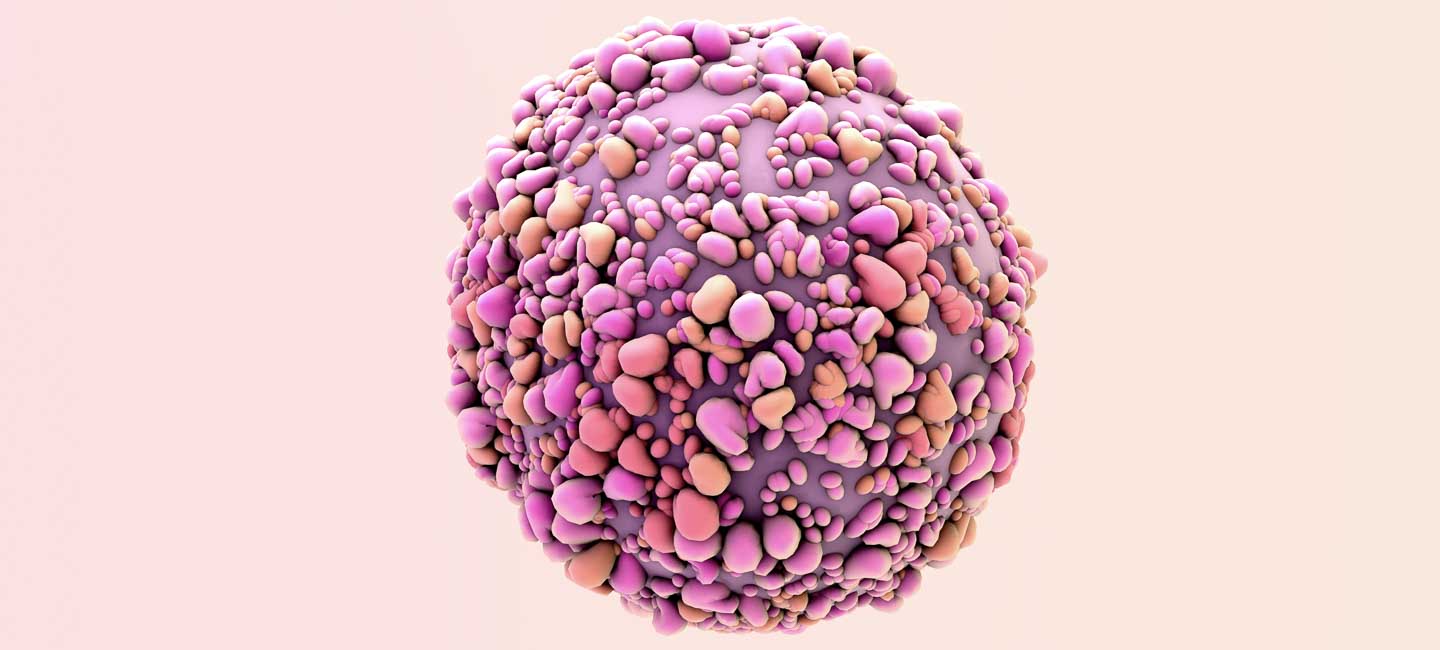FDA Approves First Immunotherapy for Breast Cancer
Patients with an aggressive form of breast cancer now have another weapon in their arsenal to fight the disease. The Food and Drug Administration (FDA) recently approved the first immunotherapy regimen for this type of breast cancer when it is locally advanced or metastatic, cannot be surgically removed and whose cells include a protein called PD-L1.
Approximately 15 percent of breast cancers are triple negative, which means the breast cancer cells test negative for estrogen, progesterone or human epidermal growth factor 2 (HER2). The protein PD-L1 is present in about a fifth of those patients.
Even though triple-negative breast cancers do not respond to hormonal therapy, they do respond to chemotherapy. But here’s the problem - cancer cells may develop a resistance to chemotherapy drugs and could spread throughout the body.
The immunotherapy called Tecentriq works by boosting the immune system’s ability to spot and kill cancer cells. When used in conjunction with chemotherapy it was found to extend progression-free survival, or the amount of time in which a patient’s cancer does not get worse, by approximately three months.
Moffitt Cancer Center’s Chair of the Department of Breast Oncology Dr. Brian Czerniecki recently published an article in the Annals of Surgical Oncology regarding immunotherapy in breast cancer patients. He says, “Current evidence suggests that checkpoint inhibitors and other cellular therapies are at the doorstep of improving outcomes in triple-negative breast cancer and HER2-positive breast cancer, especially when combined with standard therapies. Although small numbers of patients benefitted from this approach to date, numerous clinical trials are underway to define the relative role immunotherapy may play in the treatment of breast cancer.”
Since this immunotherapy received accelerated approval from the FDA, Roche, the company that makes the immunotherapy, will have to submit a final report that details subsequent findings in September 2020.



